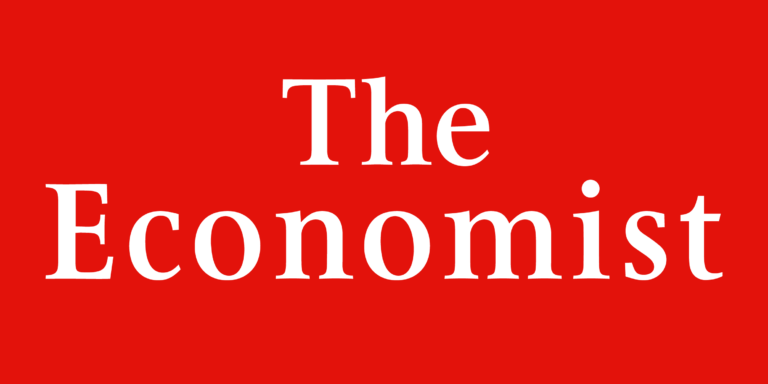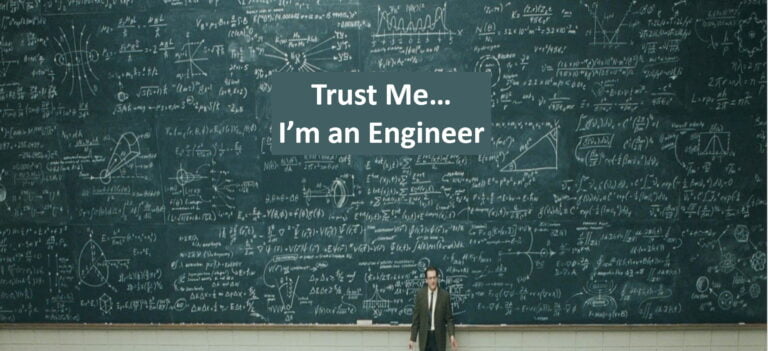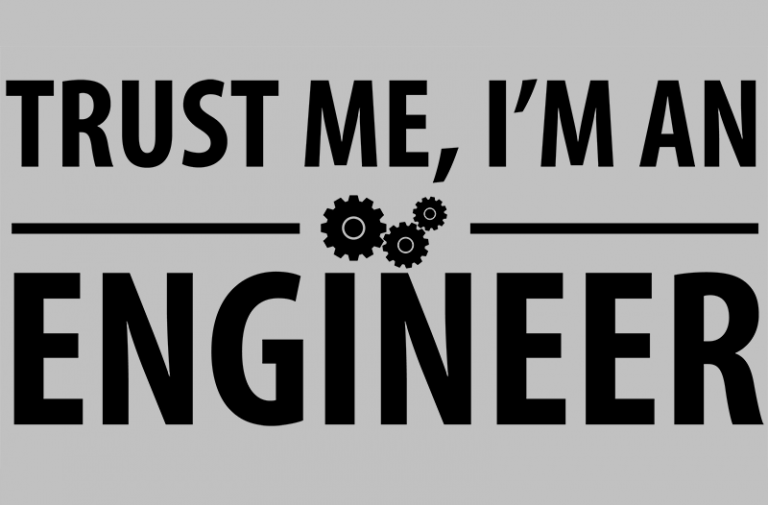Control Supresses Engagement
I know a successful global corporation where the Employee Engagement scores consistently range between 20 to 30 percent, and sometimes reach 40. Whatever new training or policies they institute, Engagement stays stuck. However, one division has Engagement scores in the 90s. No one elsewhere understands, even when it is explained to them. What’s present in the one division that’s missing in most of the company?
Let’s face it – no one ever wrote a love song or poem about a company. Corporate Employee Engagement is largely a story where the King Has No Clothes and no one is telling their own personal truth. Engagement is mostly emotional. It’s a human phenomenon. It comes from the way people listen to and treat each other. That’s it. There is no more. By degrees, everyone already knows this, yet knowing it makes no difference. What does?
My colleague, Jose Stevens, studied indigenous peoples all over the world and found a common belief that power comes from connection. This is equally valid in our modern, technological world — the closer, more mutual and vibrant the experience of connection, the more power. I think that this has something to do with safety. When people feel safe, they are better able to think and contribute. When threatened and afraid to say what’s true for them, they don’t speak their mind; they become careful and operate at a fraction of their capacity.
To be responsible for people feeling safe and knowing they are cared for, at the same time that you are making performance demands requires recognizing that we live in two parallel universes at the same time. One is the world of technology, machines, objects and design. The simultaneous world consists of people’s feelings and relationships that animate their spirit and move them to cooperate.
The relational world is always decisive. Through forty years of searching for the distinguishing element that causes sustainable transformation, the difference has always come from the power of relationships in the face of whatever happens.
Control suppresses Engagement. When I control, I suppress the emotional energy of the people around me at work and at home. I suppress vitality and the experience of genuine relationship and real connection. I’ve observed the same the same thing in every corporation and large firm where I’ve worked. In systems where measurement is the god, relationships are a stepchild honored only when the culture of habits, structure, politics, growth and finance don’t get in the way. It doesn’t take long to know when you are being treated as a person so long as nothing is going on, and as a thing when there is a senior concern present for money, politics, career progression, or hierarchy.
Engagement is a culture problem, and culture is decisive. Low Engagement can be overturned in no time when there are leaders who really care about people, express it and call for the same behavior in others. This is soft, mushy and embarrassing in places controlled by men who don’t know how to be gentle and direct at the same time.
As a cultural problem, treating Engagement as a training or process issue is mostly a waste of time, unless leadership for authentic human engagement is first required from the bosses. What leaders may see and say about this in private means nothing. Only their public behavior matters. That is the effective culture of a company.
The solution is personal, not corporate. It’s all you.
I’m reminded of a story about a man wandering around one night under a streetlight:
Someone asks him, “What are you doing?”
He replies, “I’m looking for my keys.”
The other one says, “Where did you lose it?”
“Over there, across the street.”
“Why are you looking here?”
“Because this is where the light is.”
Corporate leaders keep looking for Employee Engagement under the light of what they already know how to do in running the company. Unfortunately, where they’ve actually lost it is under the light of their common humanity, somewhere across the street.
If we ask the right questions we can get to the right answers:
- What’s been on your mind?
- How are you today?
- What keeps you up at night?
- What do you care most about?
- What are you up against?
- What are you putting up with or trying to change?
- What do you want that you don’t get?
- What do you get that you don’t want?
- What’s currently impossible that you want?
- What are you avoiding these days?
- What are the paradoxes, the contradictions that you and others are living with?
- What inconsistencies are there between your customers’ experience, your personal vision and what actually happens within your company?
(i.e., what is really committed in action?)
- What’s missing which, if it were present would make a big difference?
- What commitments are missing?
- What’s missing in alignment?
- What’s missing in relationships?
- What’s stuck?
- What’s unsaid?
- What have you given up on?
- What do you wish was possible?
- What would be a breakthrough for you?
- Who needs to be enrolled in what?
- What unreasonable requests could you make of me?
- What promise could I make which would make a huge difference when I kept it?
Simply understanding that control suppresses human energy makes no difference. Being fully responsible, moment to moment, to the quality of engagement we are personally generating makes a huge difference. In a company, this is a big challenge for cultural, commercial and personal reasons. As Serge Kahili King said, “Energy flows where the attention goes.”
Charles E. Smith has been a senior executive coach and leadership consultant in corporations and government agencies in the United States, Europe, andCanadasince 1969. He graduated from the Boston Public Latin School and holds an A.B. from Harvard College, and M.B.A. from Harvard Business School, and a Ph.D. from Case Western Reserve University. Dr. Smith also holds a certificate in Gestalt Methods from the Gestalt Institute of Cleveland. He has taught at SirGeorge Williams University and McGill Centre for Management Education.
His first book, The Merlin Factor: Keys to Corporate Kingdom was published in 1995 in US, UK, China, and Romania. Read his new book, Navigating from the Future: a Primer for Sustainable Transformation, available at Amazon.
Contact him at smicharlie@aol.com





